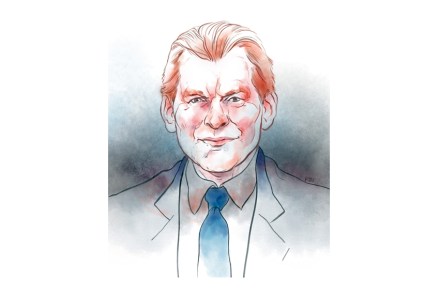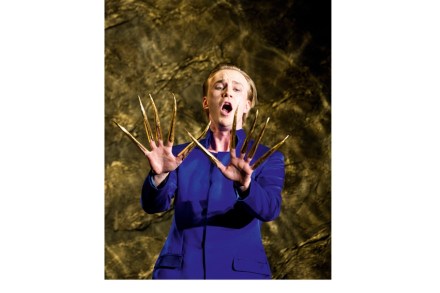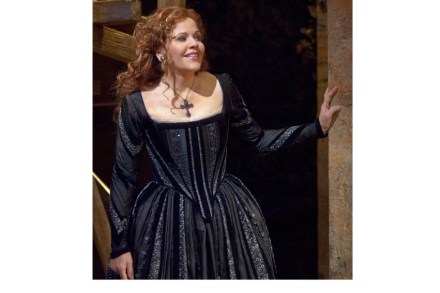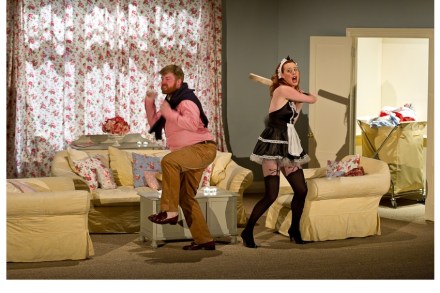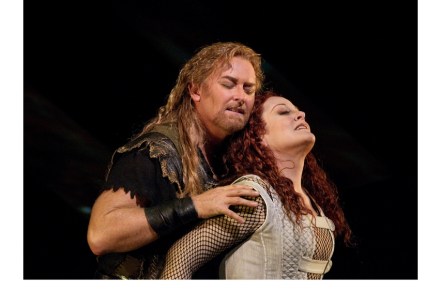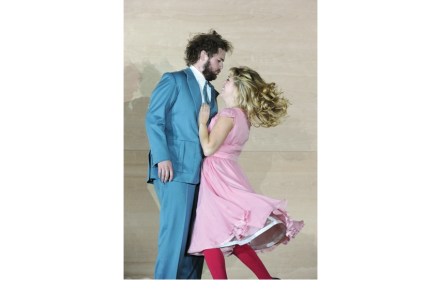The unkindest cut | 17 March 2012
Tristan und Isolde is a perfect opera, but where are the perfect performers and, just as important, the perfect listeners to do it justice? What very often happens to me in a fine performance is that I am wholly caught up in the drama of Act I, which, for all its revolutionary musical means, is


